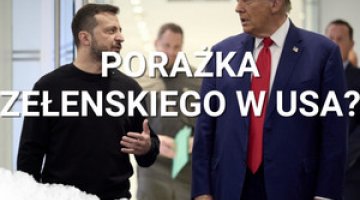The Russian public opinion towards the intervention in Ukraine
A series of actions took place in recent days in Russia, either in support to, or in protest against the Russian intervention in Ukraine, and the armed annexation of Crimea in particular.
Actions of the opponents of the new government in Kyiv and supporters of pro-Russian manifestations in Ukraine have been organised in Russia; for example a twenty-thousand strong demonstration in Moscow and collections of funds to assist the Russian-speaking inhabitants of Crimea have been organised in several regions of Russia on the initiative of local pro-Kremlin political and social activists. The media have reported that groups of Russian nationalists have made trips to southern and eastern Ukraine, e.g. the Night Wolves motorcycle club supported by Vladimir Putin has organised a motor rally to Crimea.
Spontaneous protests against the armed intervention have also taken place, as well as individual expressions of solidarity with the Ukrainians, including street protests in Moscow and St. Petersburg or the throwing of paint at the Lenin monument in Krasnoyarsk. This demonstrations were suppressed by the police, and a several hundred people have been detained. Some intellectuals and artists, members of social organisations and human rights activists have also spoken up against the armed intervention.
Commentary
- The public demonstrations of support for the opponents of the new Ukrainian government and expressions of solidarity with the pro-Russian manifestations in Ukraine, which have taken place in Russia, appear to have been organised and co-ordinated bottom-down by the authorities. They show that the Kremlin is using various channels of social mobilisation in order to legitimise the intervention in Ukraine, and especially the annexation of Crimea, in the eye of the domestic public. To this end, it has employed the state-owned media, political and social institutions, as well as the Russian Orthodox Church. Vsevolod Chaplin, who represents the Church as the chairman of the Synodal Department for the Cooperation of Church and Society of the Moscow Patriarchate, has said that the mission of the Russian troops in Ukraine would defend the Russian and the Orthodox communities against harassment and guarantee their right to make a "civilizational choice". On the other hand, Kirill, the Patriarch of Moscow and All Russia, has admitted that the Russian speakers face harassment in Ukraine but called for preventing bloodshed on the same time, which can be interpreted as giving no approval of the intervention.
- The social reactions in Russia demonstrate that the Russian public is not unanimous on the Kremlin's intervention in Ukraine, although it is difficult to measure how the public opinion is divided in this case. On the one hand, opinion polls before the ouster of Yanukovych showed that according to 73% of respondents, Russia should not interfere in Ukraine's internal conflict over the change of government. At this stage, this figure would no longer reflect the public sentiment in Russia. It is also true that after Crimea was occupied, voices of members of the science and culture worlds could be heard in public debate, expressing an extremely negative opinion on the sending of troops to Ukraine, and denouncing it as violation of international law and a dangerous conflict capable of undermining Russia's internal stability. On the other hand, the attitude of the Russian public towards the annexation of Crimea is presumably more positive. That is because the Russians see Crimea as an area which culturally and linguistically belongs to Russia, and its incorporation into Russia would be an act of "restoring historical justice".





